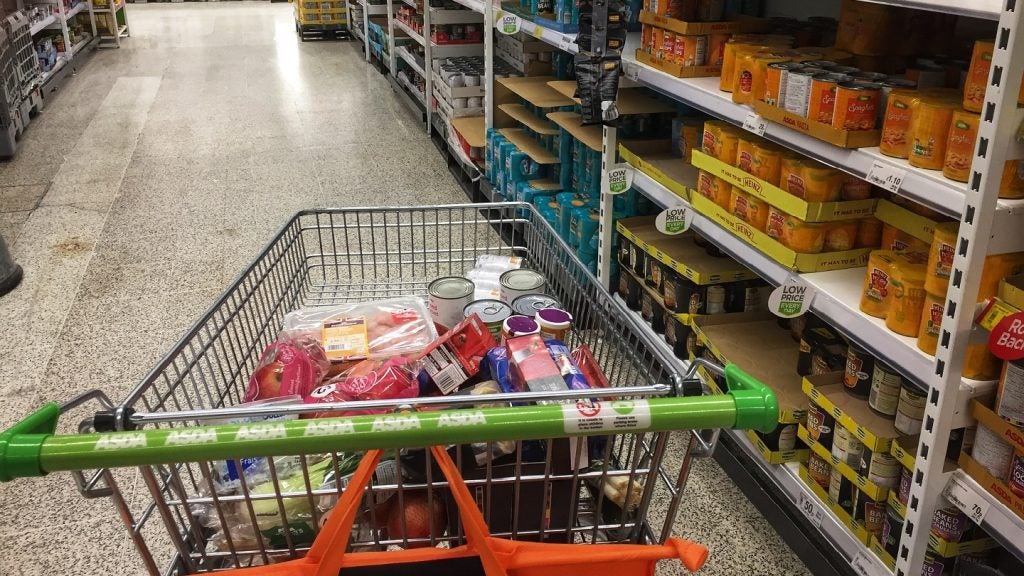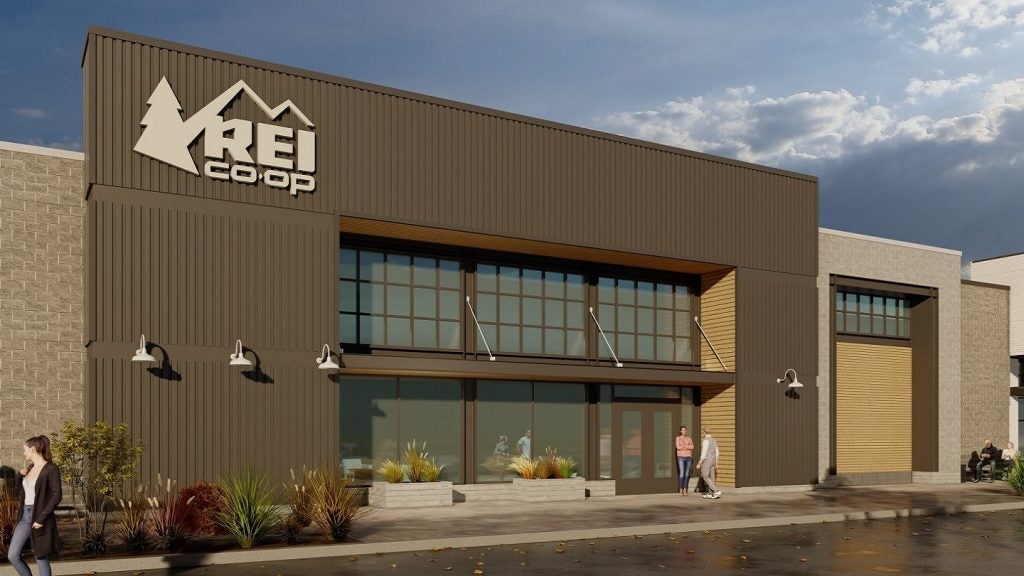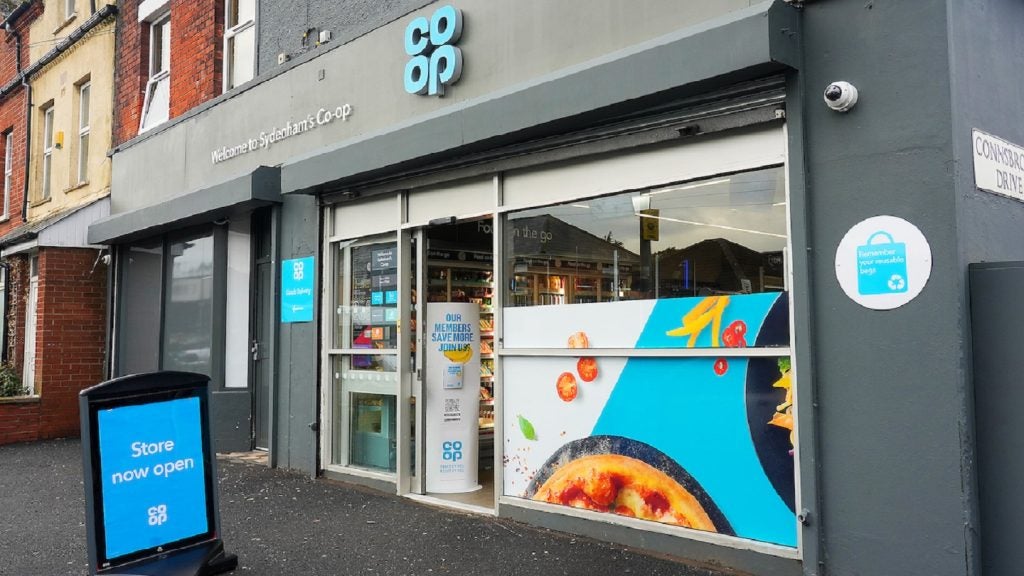As the British retail sector navigates the complexities of the current economic landscape, the latest Consumer Price Index (CPI) figures have provided both relief and concern.
Headline inflation has decreased to 1.7%, dropping below the Bank of England’s 2% target for the first time in over three years. However, food inflation has seen a slight rise, climbing to 1.9% due to factors like poorer harvests.
Energy costs and consumer prices
Kris Hamer, Director of Insight at the British Retail Consortium (BRC), commented on these developments, noting that the fall in inflation was primarily driven by lower energy costs and a reduction in the inflation rates for clothing and footwear.
"Inflation was down on August, dropping below the Bank of England’s 2% target for the first time in over three years," Hamer stated. However, he cautioned that "while food inflation edged up slightly due to poorer harvests, prices of some sweeter items including chocolate and sugar fell in price on the month."
This decrease in energy prices is a welcome development for both consumers and retailers. Nevertheless, Hamer anticipates that the inflation rate will rise closer to the 3% mark in the upcoming months.
"With Ofgem's lifting of the energy price cap at the start of the month, October's figure... will reveal an inflation rate closer to the 3% mark," he explained, highlighting potential impacts on real wage growth during the crucial Golden Quarter.
Impact on business rates
A critical concern for retailers is the link between the CPI and business rates.
Hamer pointed out that the September CPI will determine the increase in business rates set for next April, imposing an additional £140 million burden on the industry.
He expressed deep concern about the gradual increases in business rates over time, which he argues have contributed to the decline of high streets and town centres, hampering investment and new job creation.
"For too long, the gradual increases to business rates have been contributing to the decline of our high streets and town centres, damaging investment and preventing the creation of new shops and jobs," he stated.
Call for tax reforms
In light of these challenges, Hamer advocates for significant tax reforms, proposing a Retail Rates Corrector.
"The Chancellor should introduce a Retail Rates Corrector - a 20% downward adjustment in business rates paid on all retail premises – to redress the imbalance that sees retailers paying a higher proportion of their profits in taxes of almost any industry," he urged.
Such measures are seen as vital for revitalising the retail sector and supporting sustainable economic growth.
As the retail industry braces for potential fluctuations in the economic environment, these insights from Kris Hamer underscore the urgent need for strategic adjustments to business rates and other taxation policies to foster a more conducive landscape for retailers.















